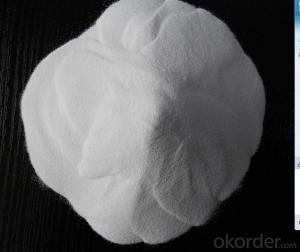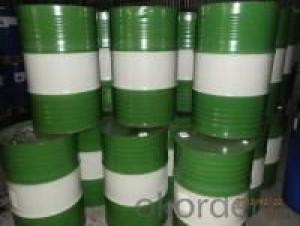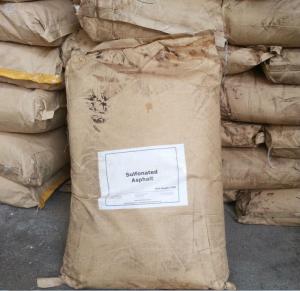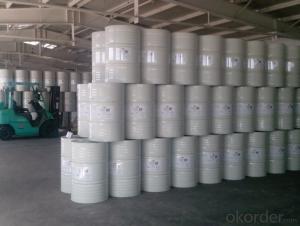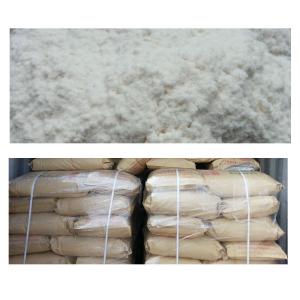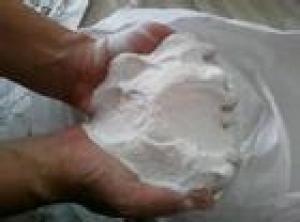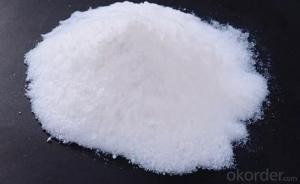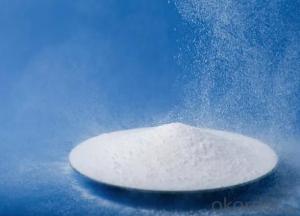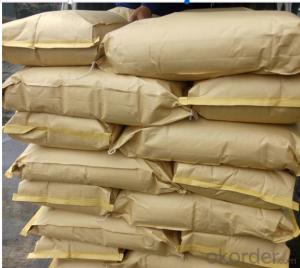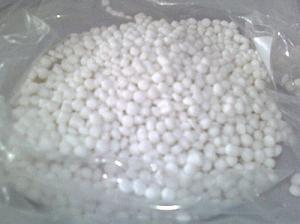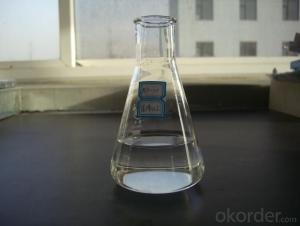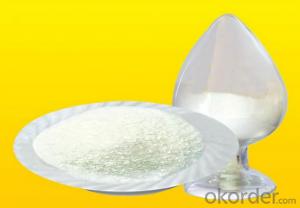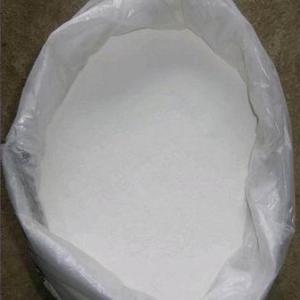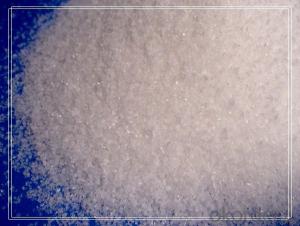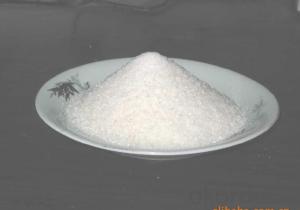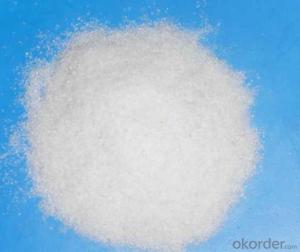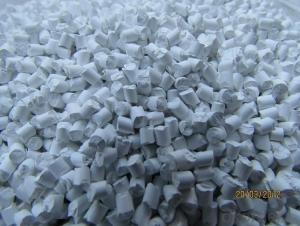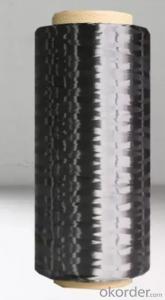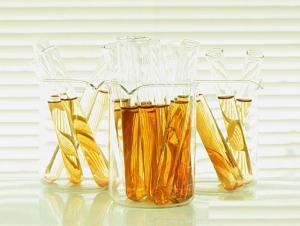All Categories
- - Steel Wire Rod
- - Steel Coils
- - Steel Profiles
- - Steel Pipes
- - Stainless Steel
- - Tinplate
- - Special Steel
- - Steel Sheets
- - Steel Rebars
- - Steel Strips
- - Hot Rolled Steel
- - Cold Rolled Steel
- - Pre-painted Steel
- - Seamless Steel Pipe
- - Welded Steel Pipe
- - Hollow Steel Tubes
- - Galvanized Pipe
- - Stainless Steel Coil
- - Stainless Steel Sheet
- - Stainless Steel Plate
- - Stainless Steel Strips
- - Electrolytic Tinplate Coil
- - Electrolytic Tinplate Sheet
- - Stainless Steel Rebars
- - Solar Panels
- - Solar Water Heater
- - Solar Related Products
- - Solar Inverter
- - Solar Cells
- - Solar Light
- - Solar Energy Systems
- - Solar Controllers
- - Solar Mounting System
- - Solar Pump
- - Solar Chargers
- - Fiberglass Chopped Strand
- - Fiberglass Mesh Cloth
- - Composite Pipes
- - FRP Pultrusion Profiles
- - Fiberglass Mat Tissue
- - Fiberglass Fabrics
- - Fiberglass Mesh
- - Composite Tank
- - Fiberglass Mesh tape
- - Polymer
- - FRP Roofing Panel
- - Fiberglass Roving
- - Monolithic Refractories
- - Ceramic Fiber Products
- - Refractory Bricks
- - Raw Materials For Refractory
- - Suspended Platform
- - Cranes
- - Concrete Machinery
- - Earthmoving Machinery
- - Building Hoist
- - Road Building Machinery
- - Plastic Pipe Fittings
- - Plastic Tubes
- - Plastic Sheets
- - Agricultural Plastic Products
- - Plastic Nets
 All Categories
All Categories
Q & A
What is the difference between thermoplastics and thermosetting polymers?
The main difference between thermoplastics and thermosetting polymers lies in how they react to heat. Thermoplastics can be melted and re-molded multiple times without undergoing any chemical change, while thermosetting polymers undergo a permanent chemical change when heated and cannot be re-melted or re-molded.
What are the main challenges in polymer processing?
The main challenges in polymer processing include achieving uniformity in the material's structure and properties, managing the flow behavior of polymers during processing, ensuring proper control over melt temperature and viscosity, minimizing defects such as voids and surface imperfections, and optimizing processing conditions for different types of polymers. Additionally, the need for energy efficiency and environmentally-friendly processing techniques is also a significant challenge in polymer processing.
What are the different techniques used for characterizing polymers?
Some of the common techniques used for characterizing polymers include spectroscopy (such as infrared spectroscopy and nuclear magnetic resonance), thermal analysis (such as differential scanning calorimetry and thermogravimetric analysis), microscopy (such as scanning electron microscopy and atomic force microscopy), rheology, mechanical testing, and chromatography (such as gel permeation chromatography).
How do polymers behave under different temperature and pressure conditions?
Polymers exhibit different behaviors under varying temperature and pressure conditions. At higher temperatures, polymers tend to expand and become more flexible, while at lower temperatures, they contract and become more rigid. This is due to the increase or decrease in molecular motion and chain mobility. Similarly, under high pressure, polymers can become more compact and dense, while under low pressure, they may expand. The response of polymers to temperature and pressure variations is crucial for their applications in industries such as materials science, engineering, and packaging.
Wholesale Polymer from supplier in Indonesia
We understand the specific needs and requirements of the Indonesian market, and our extensive product range includes a variety of Polymer products such as PVC, HDPE, LDPE, PP, and more. Whether you are looking for raw materials, finished products, or customized solutions, we have you covered.
Our experienced sales team is ready to assist you with any inquiries and provide you with competitive quotations. We strive to offer the best prices and delivery options to meet your project timelines and budget.
Additionally, our technical support team is available to offer guidance and expertise throughout your project, from product selection to installation and maintenance. We are committed to ensuring that you have the necessary resources and support to achieve your goals.
As a subsidiary of CNBM, one of the largest building materials and equipment companies in the world, we have access to a vast network of suppliers and resources. This allows us to offer a wide range of high-quality Polymer products from reputable manufacturers.
Customer satisfaction is our top priority, and we are dedicated to providing excellent service and support. We value long-term partnerships with our customers and aim to build a strong and reliable relationship based on trust and mutual success.
Choose our company as your trusted partner for all your Polymer needs in Indonesia. Contact us today to discuss your requirements and let us help you find the best solutions for your projects.
Our experienced sales team is ready to assist you with any inquiries and provide you with competitive quotations. We strive to offer the best prices and delivery options to meet your project timelines and budget.
Additionally, our technical support team is available to offer guidance and expertise throughout your project, from product selection to installation and maintenance. We are committed to ensuring that you have the necessary resources and support to achieve your goals.
As a subsidiary of CNBM, one of the largest building materials and equipment companies in the world, we have access to a vast network of suppliers and resources. This allows us to offer a wide range of high-quality Polymer products from reputable manufacturers.
Customer satisfaction is our top priority, and we are dedicated to providing excellent service and support. We value long-term partnerships with our customers and aim to build a strong and reliable relationship based on trust and mutual success.
Choose our company as your trusted partner for all your Polymer needs in Indonesia. Contact us today to discuss your requirements and let us help you find the best solutions for your projects.
